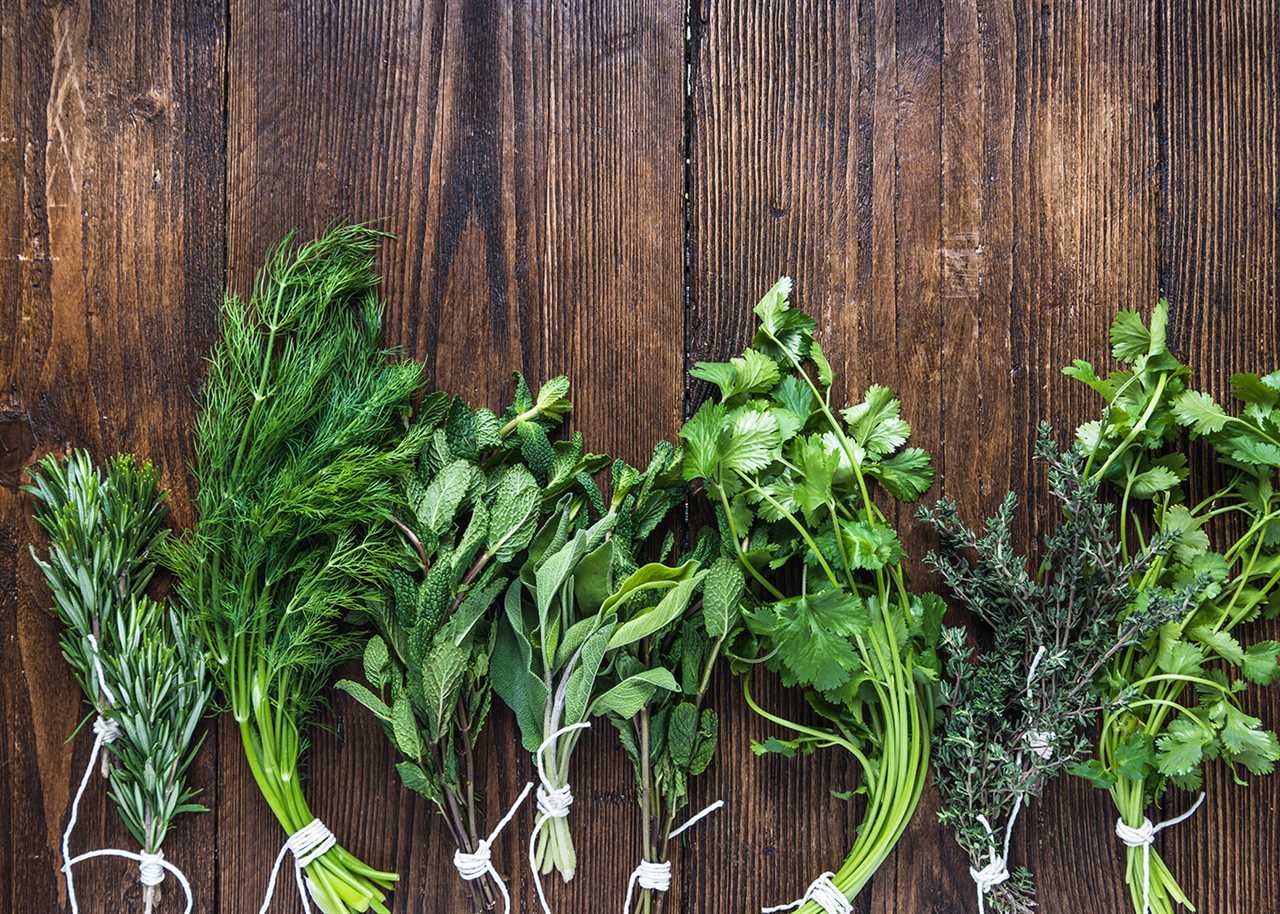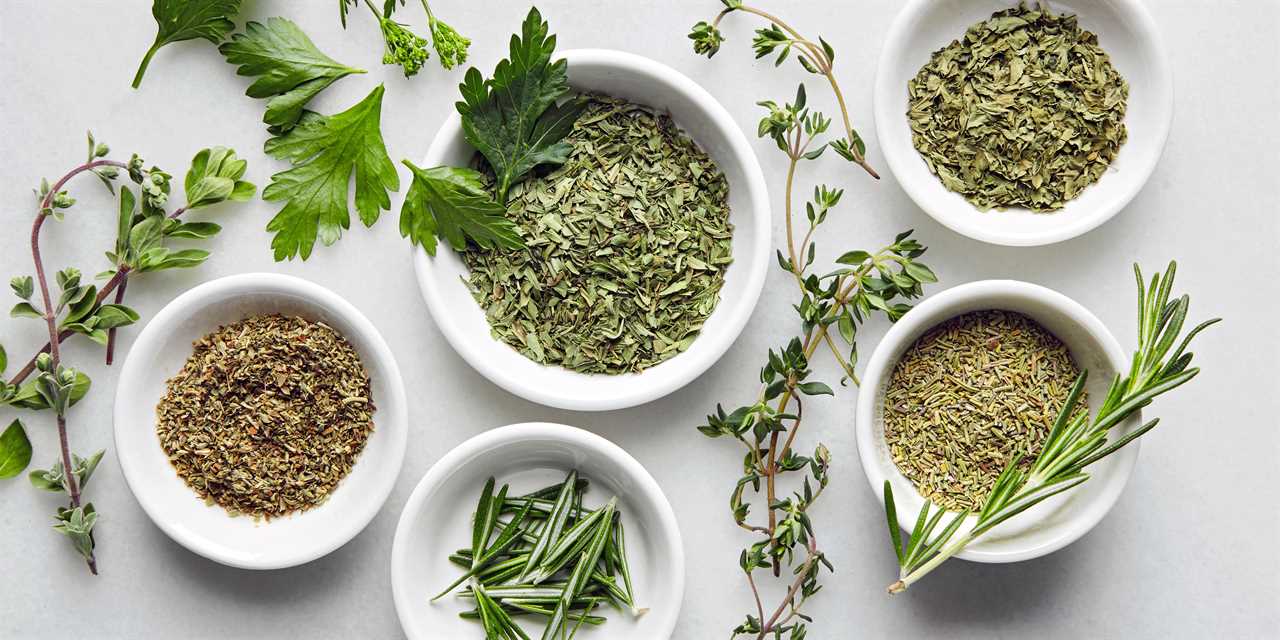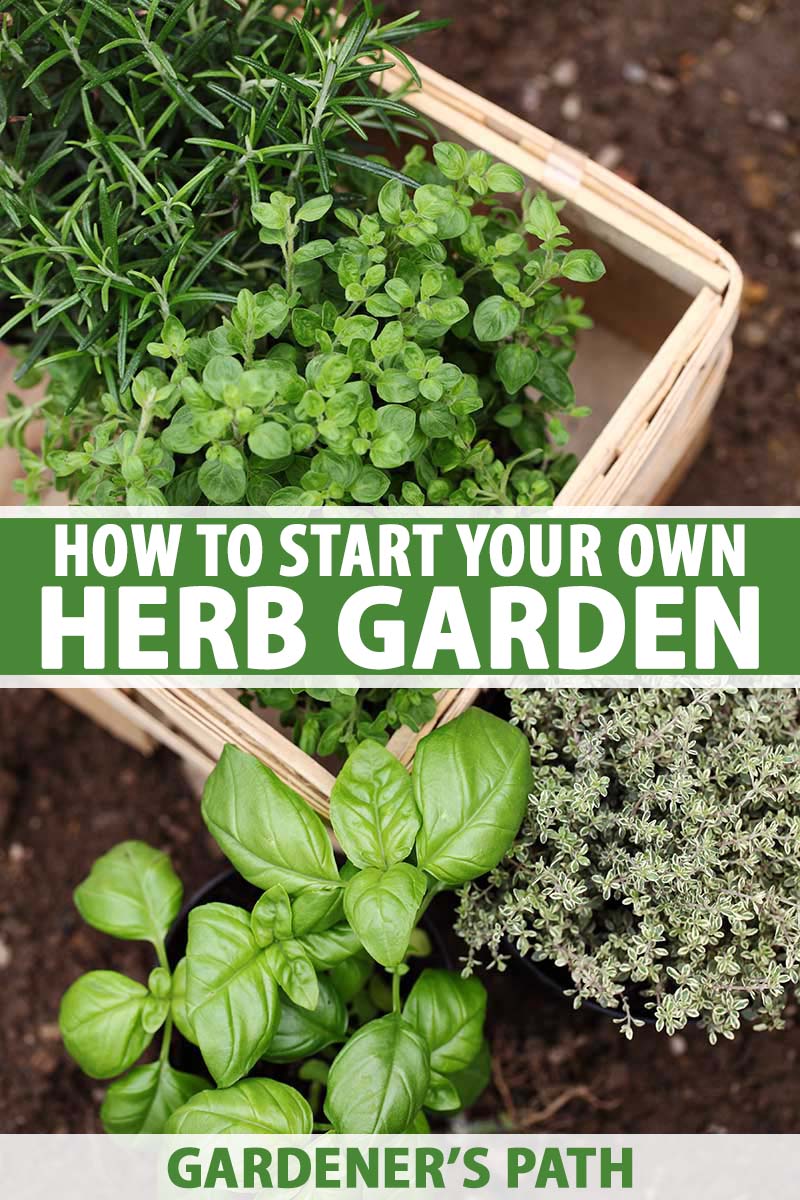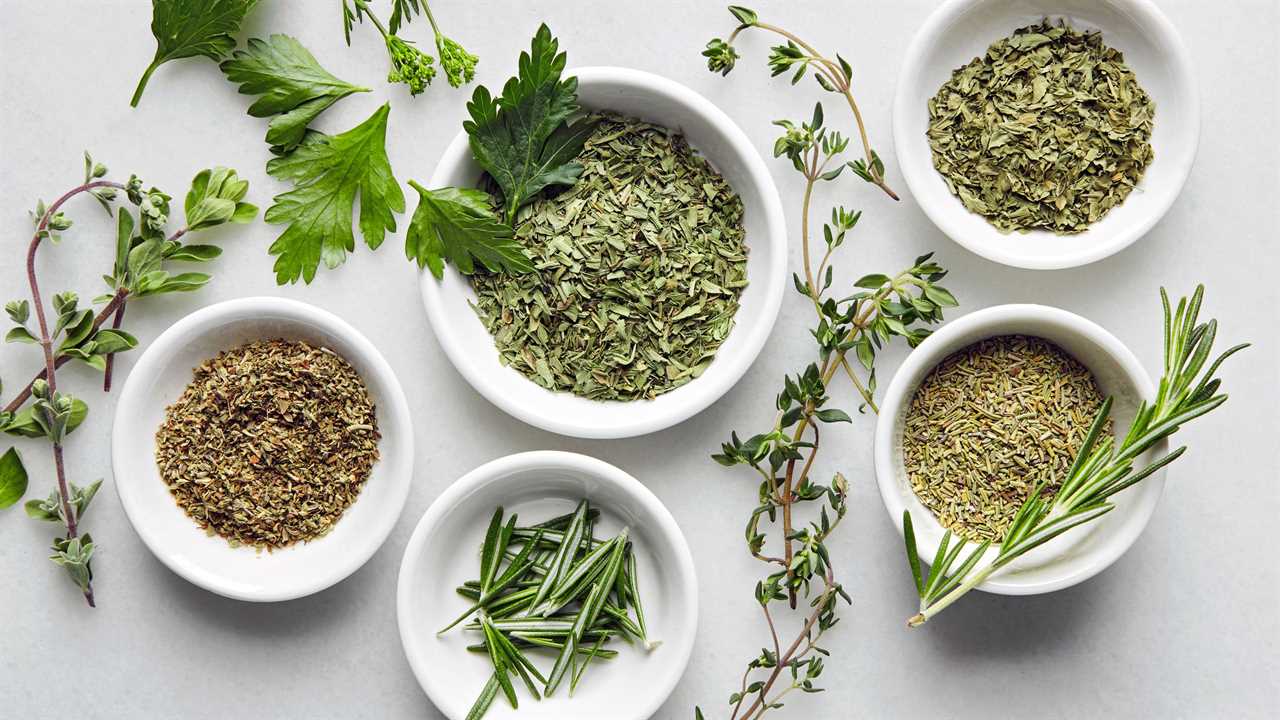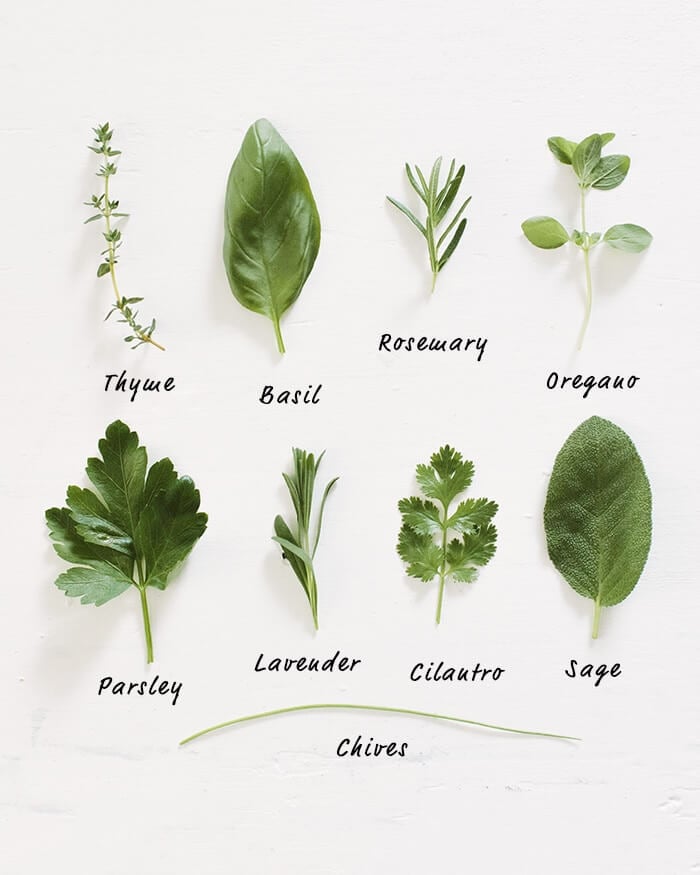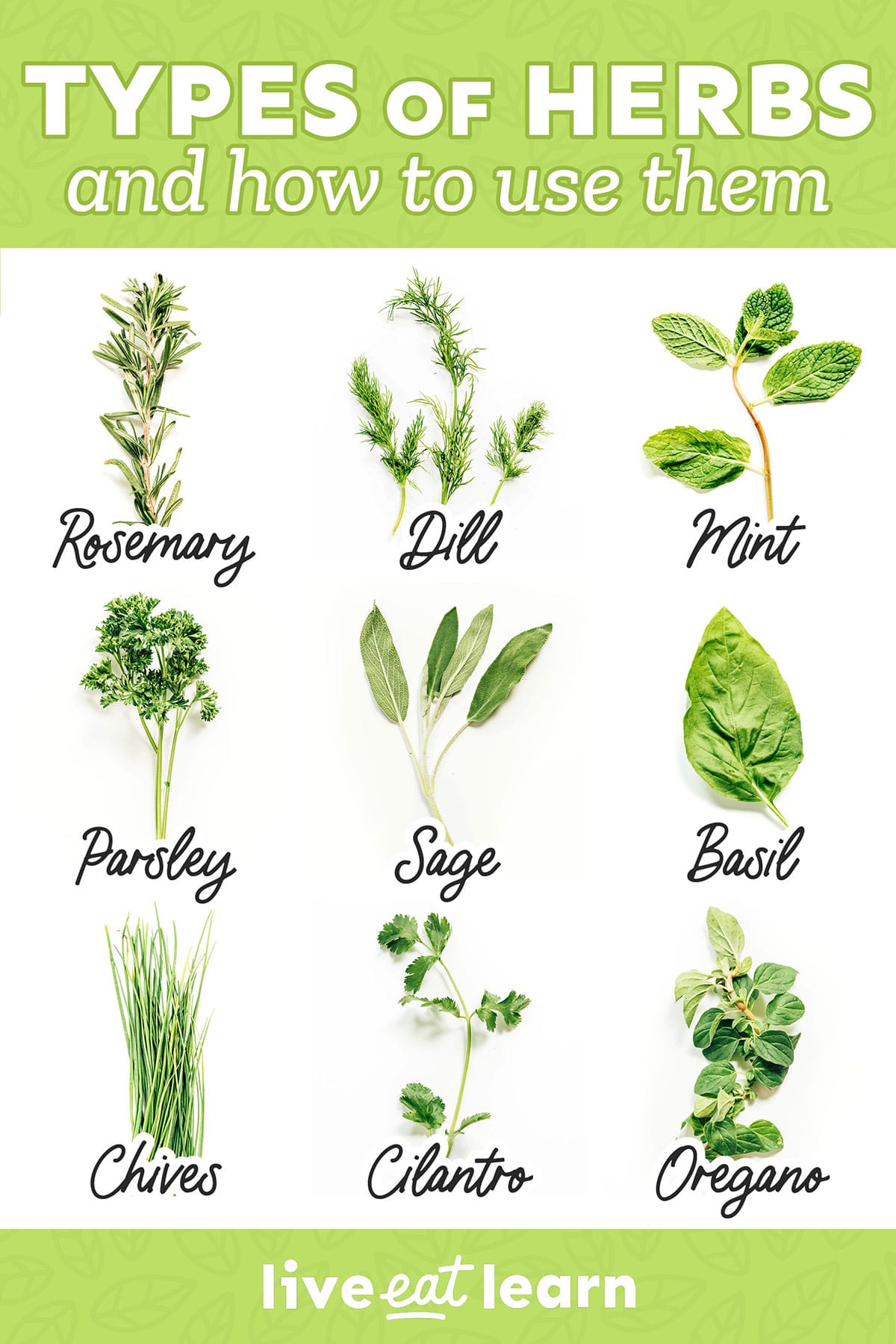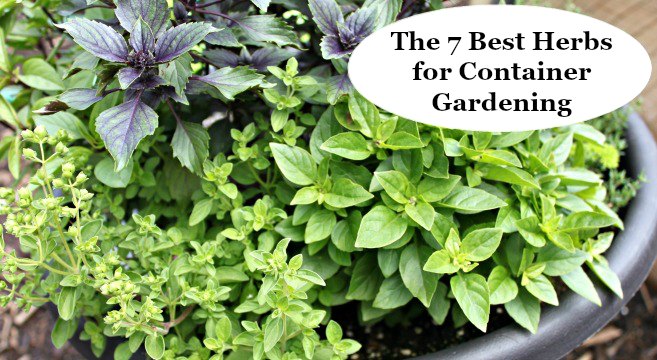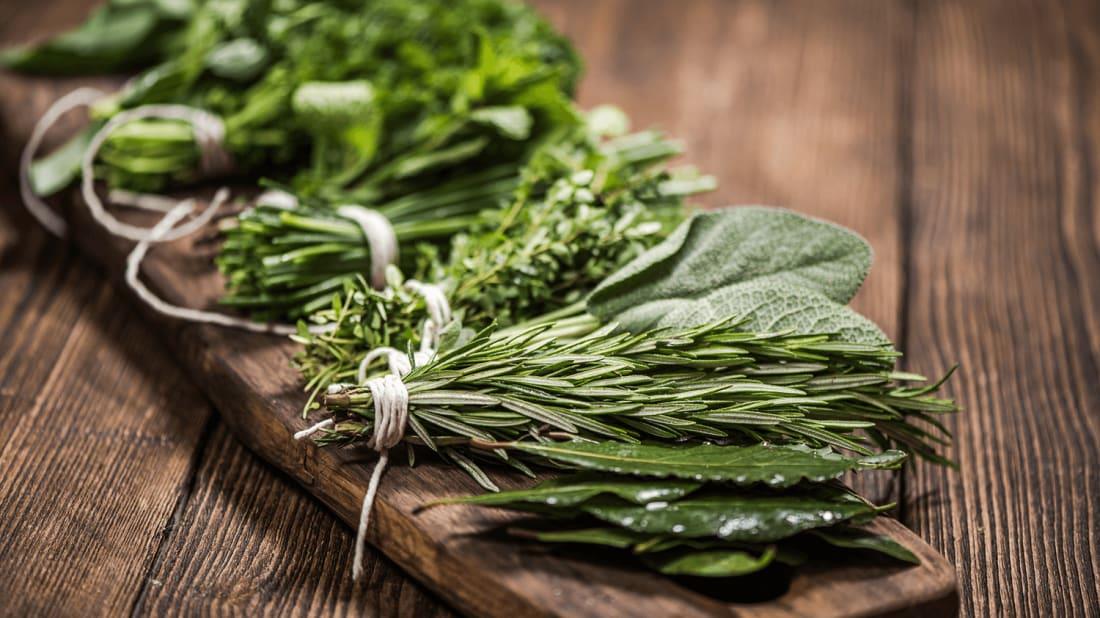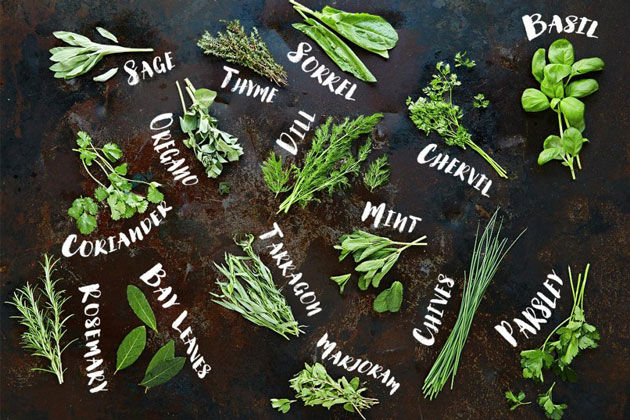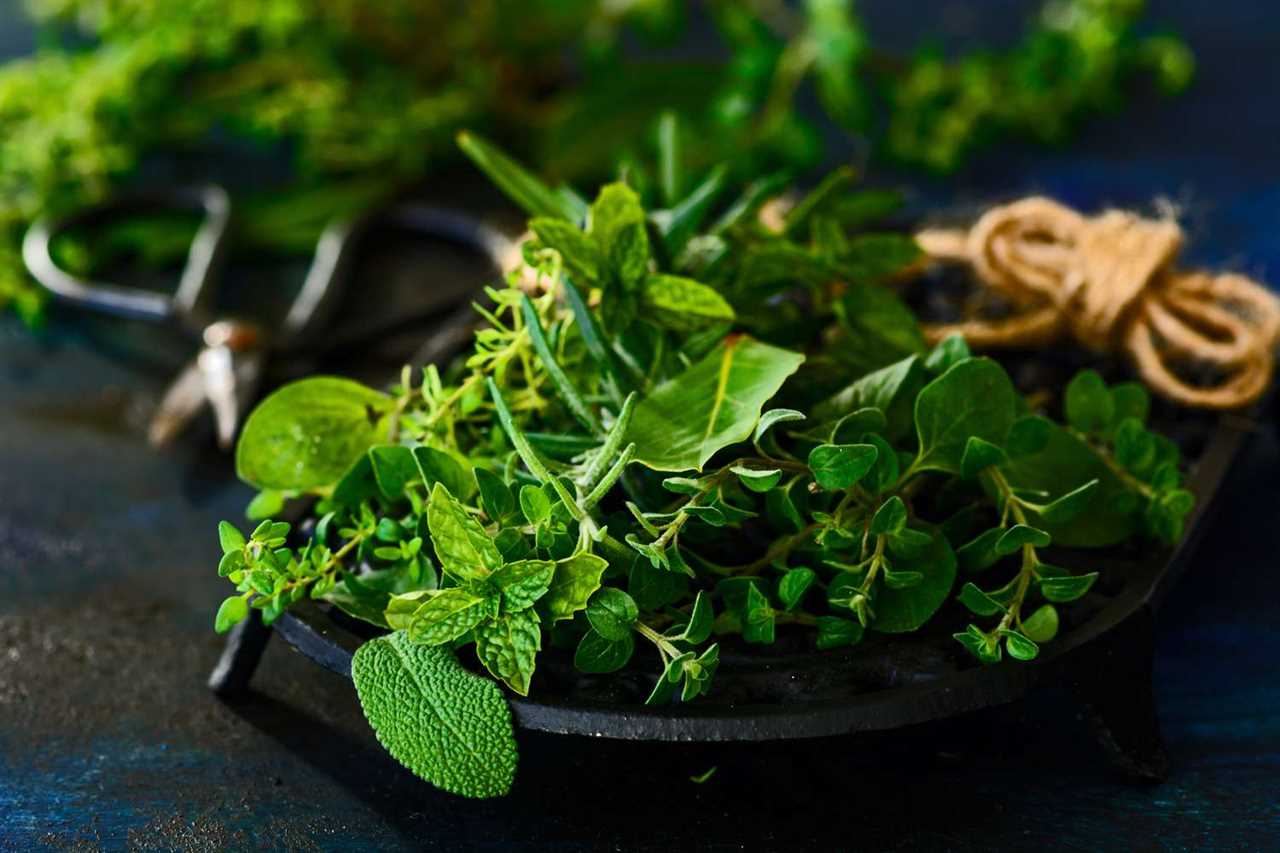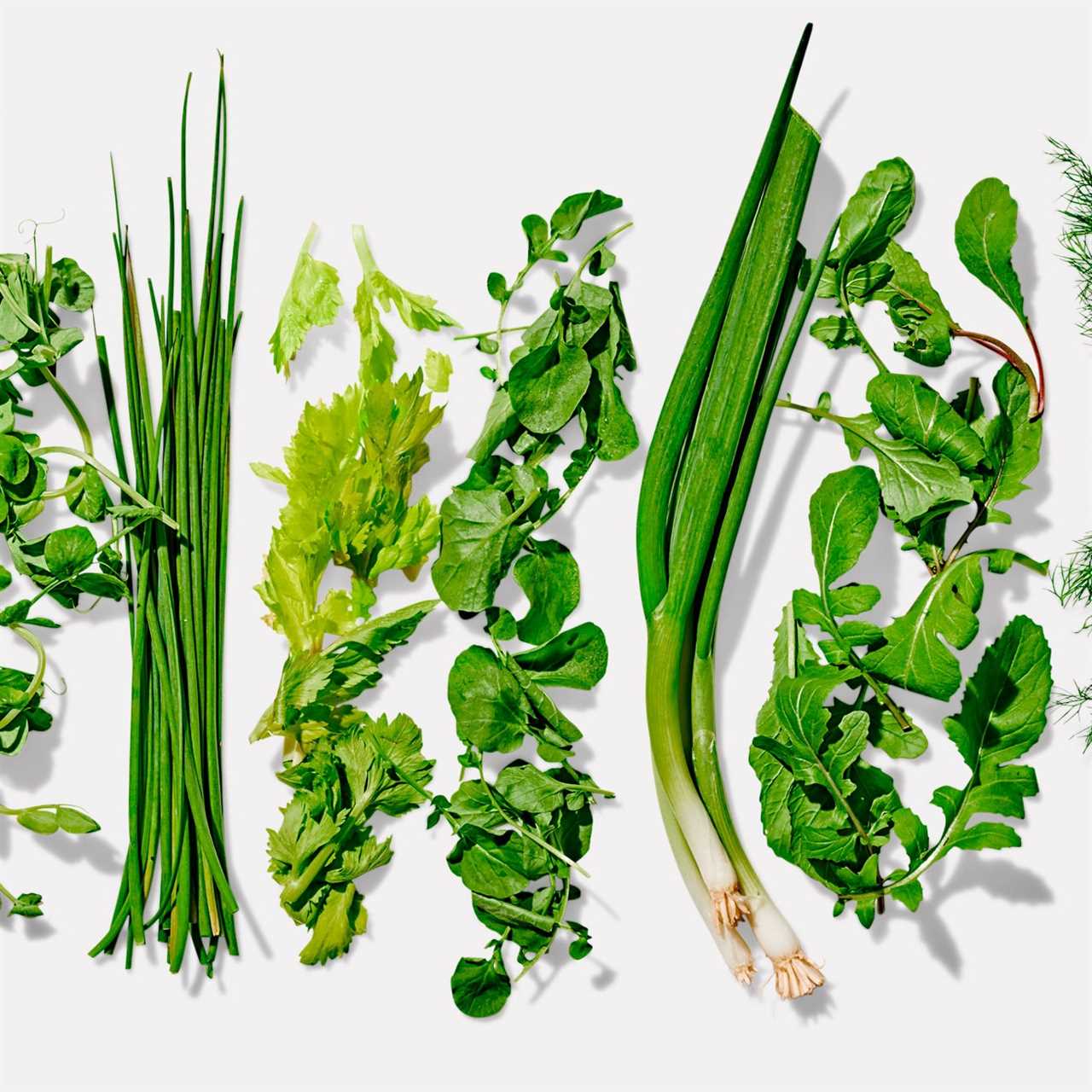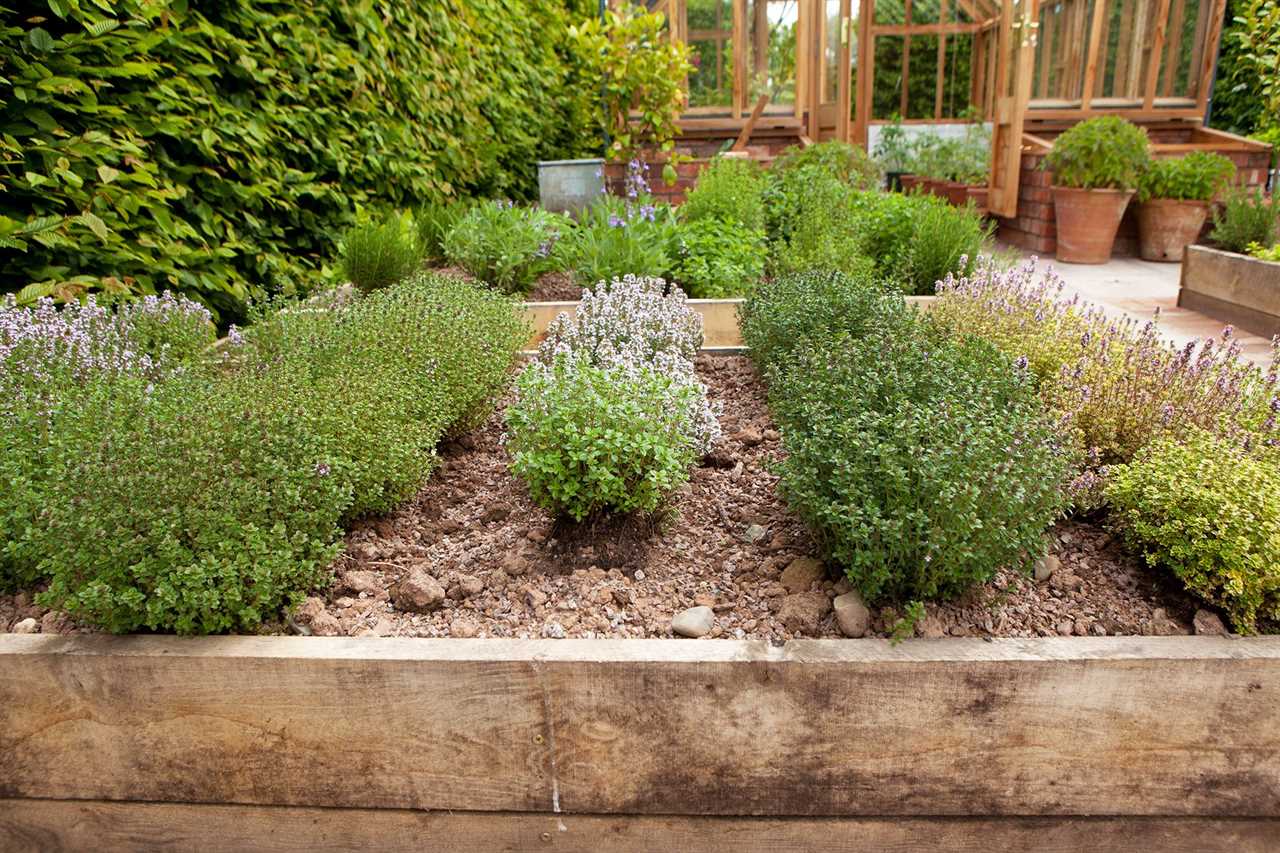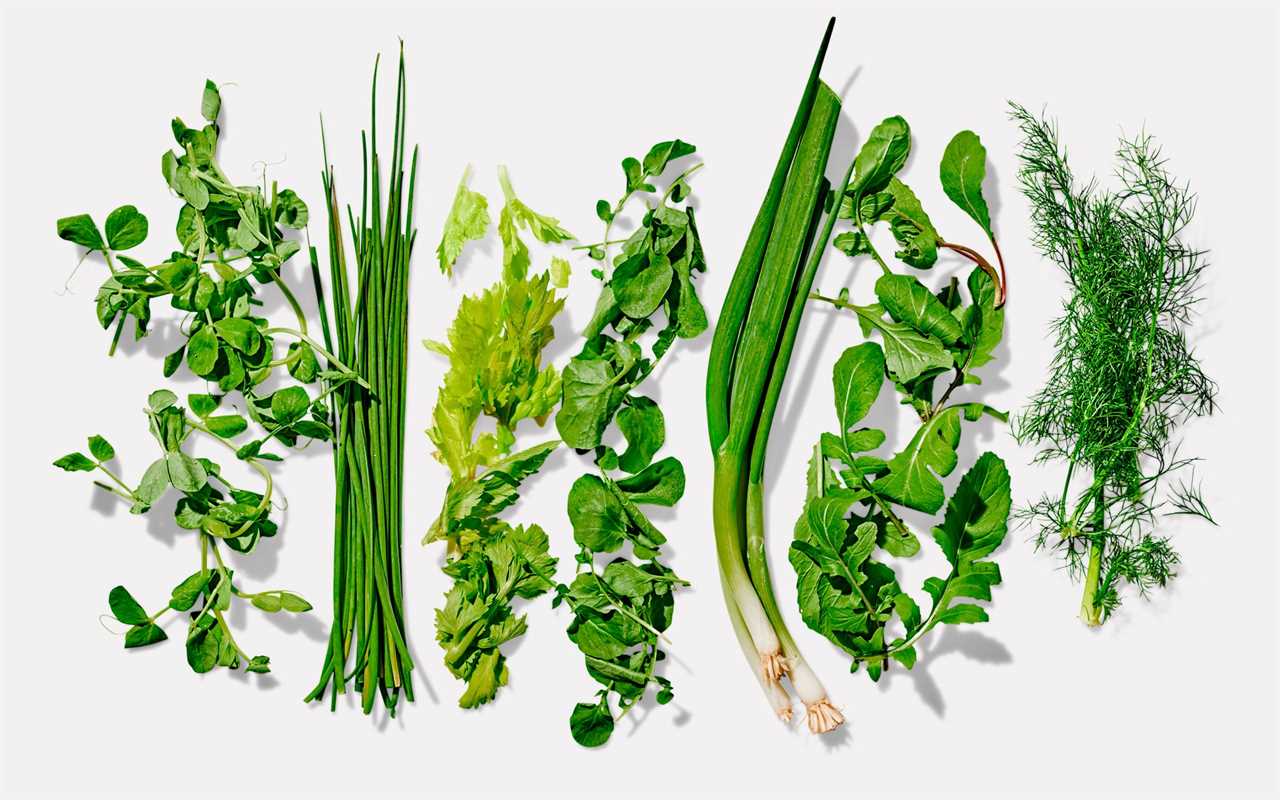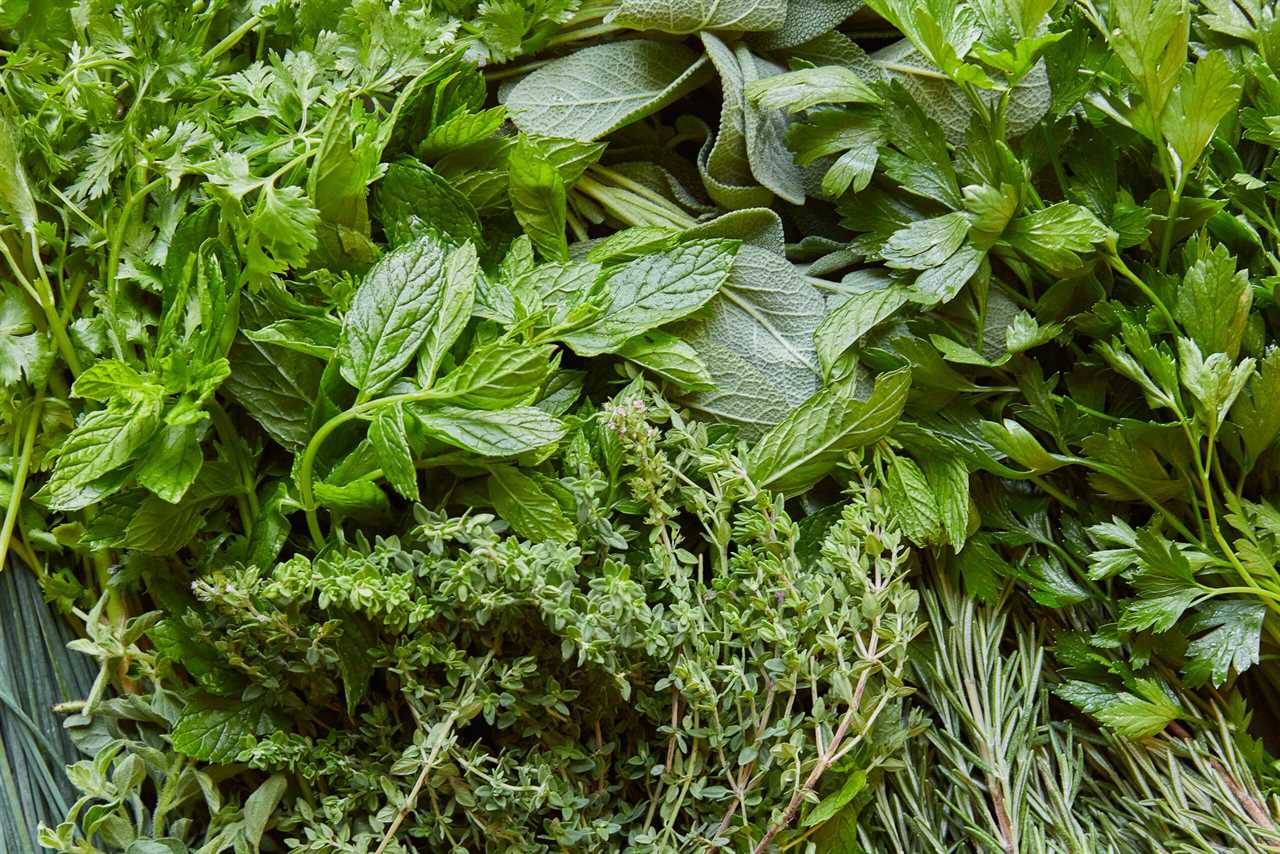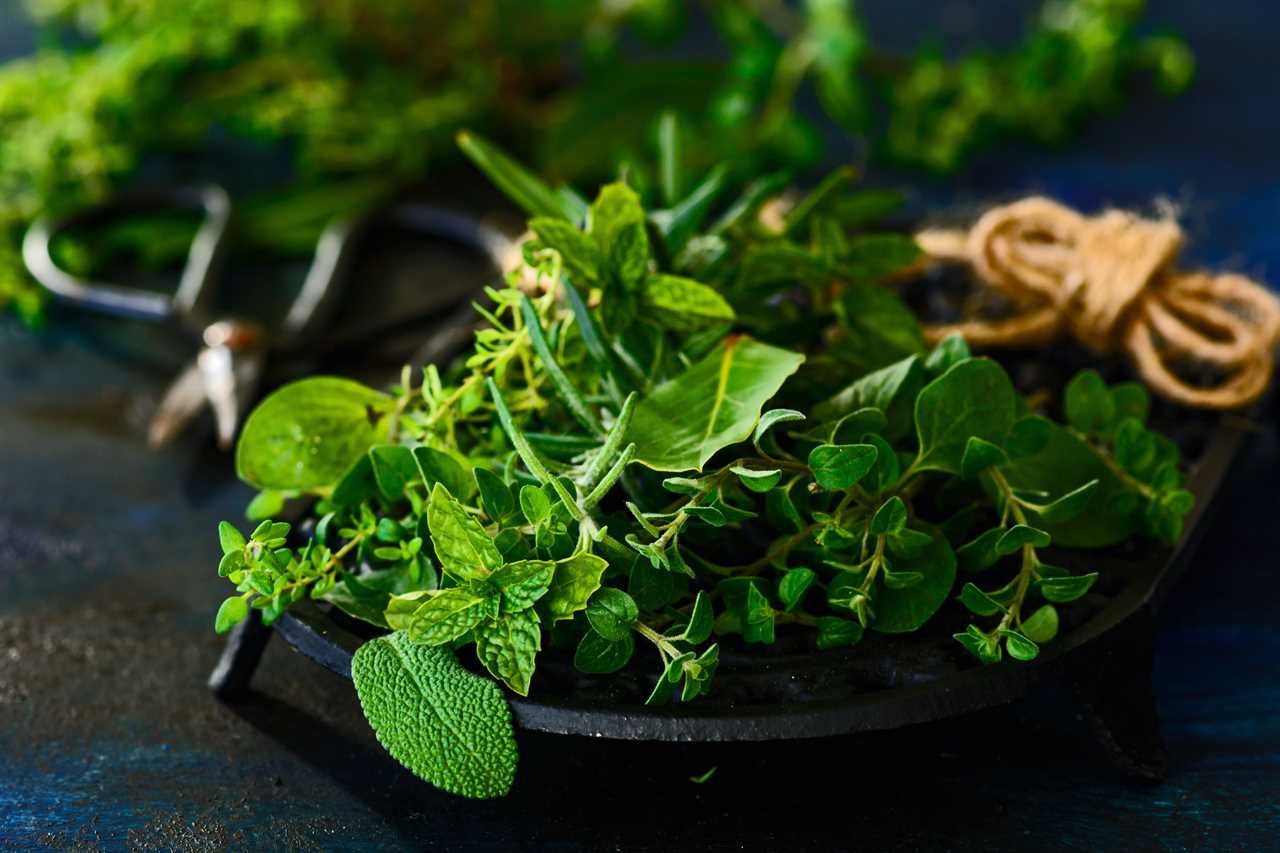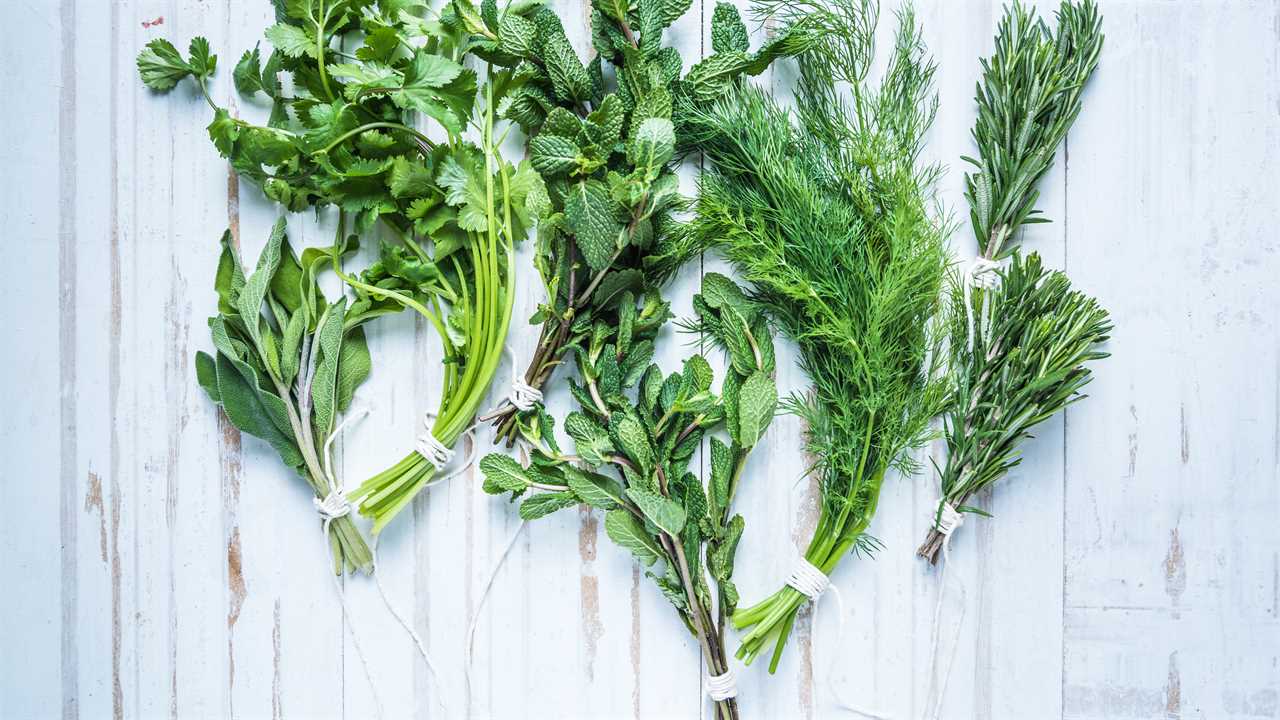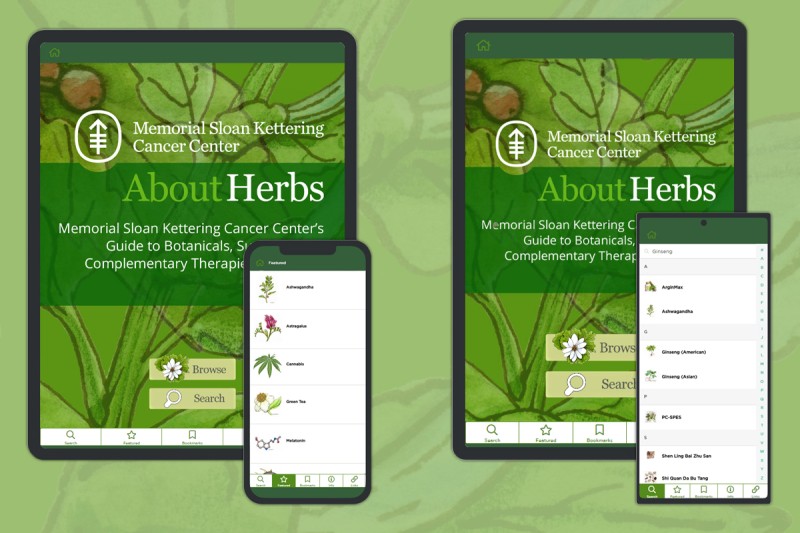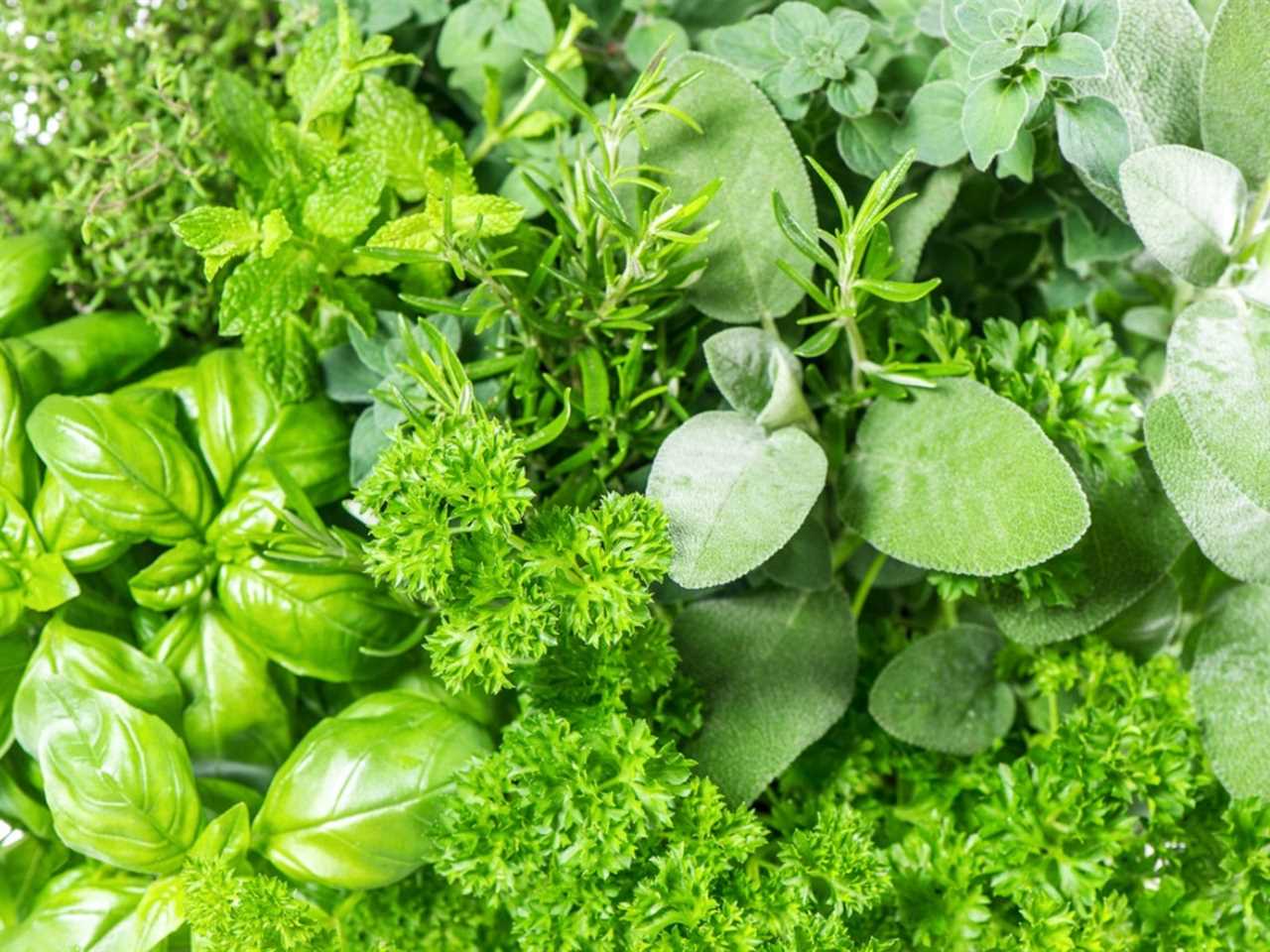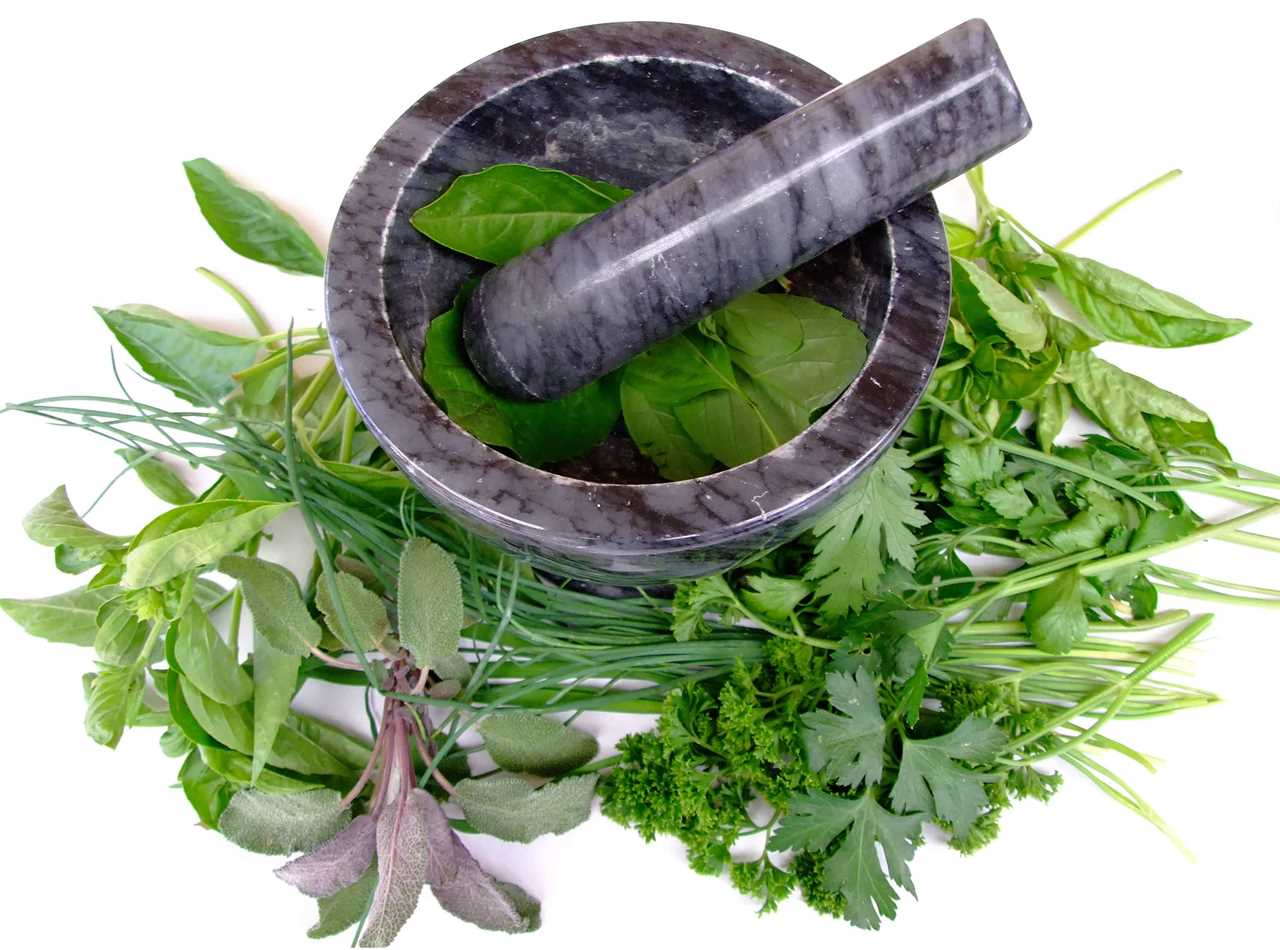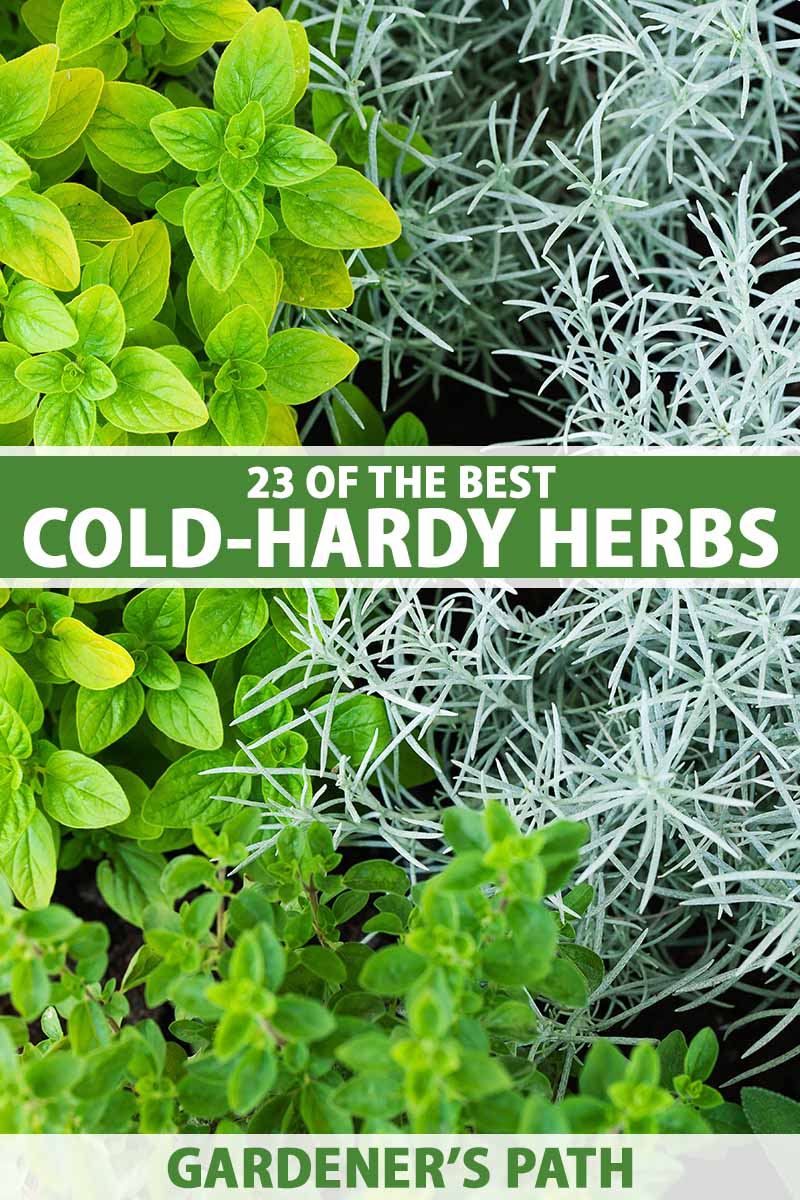-
There has been an increase in gardening as a therapy over the past few years. In times of crisis, gardening can be a emotional lifeline 1. I think anyone who reads this will agree that we live in crazy times. People are realizing that a garden provides more than food for the body. You are also cultivating food for your soul. Imagine the freedom and satisfaction you can get from growing your own medicines.
Let's find out why planting a medicinal herbs garden is beneficial for humanity and the planet. We will also be inspired by existing medicinal herb gardens around the globe. Here are some tips to get your medicine gardens started.
-
Medicinal Herb Gardening empowers us to take healing into our own hands.
-
Why plant a medicinal herb garden?
Many people are looking for more security in their lives. Seed suppliers are running out of seeds and gardening tools, and nurseries are struggling to keep up with demand. Is there a better way to make your own food and medicines?
Future Planning
What is healing for the earth, is healing for us. By investing in green resilience, we can participate in a revolutionary, feasible act of reciprocity. Gardening is a viable solution to the climate crisis, considering that every green plant absorbs carbon from the atmosphere and filters it. We can become world citizens by planting a medicinal herb plant garden. This will help heal both our planet and ourselves.
Did you know that pollinators are abundant on flowers of non-sprayed, healthy plants? Meadowsweet ( Filipendula Ullmaria), or mullein, ( Vebascum Thapsus), are in full bloom in our Family Medicine Spiral. I'm fascinated by the activity of bees and flies, butterflies, beetles, beetles, bees, and other pollinators that visit these flowers. Our food chain depends on the health and well-being of pollinators. But it's not just about our human needs. The web of life that makes up our planet is a vital part of our future. Our decision to plant an herb garden benefits many creatures, from humans to earthworms. All of us are connected. By learning how to grow and prepare our own herb garden medicine, we can set an example for others.
Lessen Your Footprint
It is so easy to buy products from anywhere these days. How disconnected we are from understanding how our consumption impacts the environment. As conscious people, it can be difficult to reduce our environmental impact. Every little bit counts. If you can provide basic healthcare for your family, friends, and community, by starting a medicinal herb garden or making home remedies, you will be contributing to healthcare reform. The United States spends more $4 trillion a year 2 on healthcare. You can easily grow many healing plants to keep your loved ones safe from unnecessary visits to the doctor.
-
BeeBalm (Monarda didyma) is an easy herb to grow yourself and make into a cup of tea to help relieve symptoms of the common cold.
-
It will be easier to know where your medicine came from than to have it shipped around the globe or grown in an area that has been contaminated with chemicals. You have the right to choose what medicine is put into your body. As I have discovered over the years, it is possible to grow your own herbs. The plants are medicinal and you will not need as much medicine. So, you need less. You consume less. Imagine how much impact consuming less can have on the planet. It's huge!
Last but not least, be aware that the medicine you grow goes beyond your garden. You can actively source your seeds and plants ethically.
Creating Beauty
Beauty is so important for our health. It is so powerful to be surrounded with beauty. We underestimate its power.
Admire the calendula blooms (Calendulaofficinalis) as you walk through your garden. The blue sky is watching over your tulsi (Ocimum Sanctum), your lady's mantle with dew drops (Alchemilla vulgaris), your pleurisy root, your song sparrow (Crataegus Spp.). ....none can be found on Amazon.
There will be a lot of herbs in your garden so you can make medicine to share with others. The best healing gifts I have ever received were salves and teas, tinctures, elixirs, herbal vinegars, and herbs from my friends' small herb garden plots. This type of healing brings out the beauty and wealth that is in our lives and communities.
-
You will get to know your medicine in all kinds of weather, creating a strong relationship with your allies.
-
Inspiration for Medicinal Herb Garden
There are many types of medicinal herb gardens. They can be so varied! You can make one bed or a large garden. Or you can plant medicinal plants in your garden. Do not let your dreams get in the way of your goals. Instead, start from where you are.
-
Mullein (Verbascum thapsus), milk thistle (Silybum marianum), and fennel (Foeniculum vulgare) all in a row.
-
The Chestnut School's blog has a wealth of information about medicinal herb gardening. It includes articles on how to plan your herb garden and how you can start one. Your ultimate medicine garden should reflect your values and be filled with energy.
Examples from Medicinal Herb Gardens Around the World
Walking amongst medicinal plant gardens was a great way to make a difference in my career as a herb gardener. Over the years I have been able to visit many amazing educational medicinal herb gardens. I feel instantly soothed every time I walk into one. This is a peek at some of the places that I find most memorable due to their unique design and rich botanical content. These gardens may inspire you to create and maintain your own garden. Perhaps they will inspire you.
Chelsea Physic Garden
This was my first visit to a medicinal herb garden. It brought me to my knees. This place made me weep. It was built in the late 1600s and hidden behind walls. The gardens are located within the bustling city of London, just a few steps from the River Thames. Their names were given to their caretakers throughout the centuries. It was like being in a monastery full of plant people, Chelsea felt sacred. This sanctuary is home to over 5,000 edible, medicinal, and a combination thereof plant beings. You will also find "officinalis" beds that display what plants were used as medicines in the past, and "world medicine beds" that highlight traditional healing methods around the globe.
Sage Mountain Botanical Sanctuary
Rosemary Gladstar was my friend over twenty years ago. I was able to visit her former home, Sage Mountain Botanical Sanctuary. A beautiful, simple brochure was presented to me that guided me and my friend through the healing gardens. I was inspired to start my own healing garden by seeing the hundreds of medicinal plants that were growing in both sun and shade. Many a friend of medicinal plants I met in her garden was coltsfoot ( Tussilagofara), a horse ( Marrubium vallii), and comfrey( Symphytumofficinale).
The Green Farmacy Garden
This garden was created by Jim and Peggy Duke of Maryland. It is so unique! Each garden was named by the Dukes after a diagnosis and then filled with plants to heal that condition. This way of creating a medicinal herb garden made me feel less sick. Each terrace has four medical terms like "Baldness", "Asthma", or "High Blood Pressure", and contains examples of herbs that can be used to treat the problem. The Green Farmacy Garden is open to volunteers if you are local. It's a great way for people to get the medicine they need!
Kirstenbosch Gardens
Located in Cape Town, South Africa, Kirstenbosch Botanic Garden's mission is conservation-oriented. The gardens are a beautiful way to educate the public about the Indigenous uses of many plants and the medicines that are commonly used in the area. In 2006, I was surprised to see a small hut called the Zulu Pharmacy. It had displays that showed how plants were culturally integrated into Zulu healthcare. Many of the plants also grew around the hut. Kirstenbosch is determined to fight for the Brackenridgea Zanzguebarica, also known as the Mutavhatsindi or yellow-peeling plane tree. This is the most wanted medicine in the Limpopo. These potent green healers could be saved by the efforts of Kirstenbosch and other cultural medicine organizations to educate the public.
-
Mary Plantwalker leading a medicinal plant walk in the gardens of Miraflores in 2007
-
Miraflores Labyrinth Garden
Costa Rica is my home, and I was able to tend to the healing herbs in the Miraflores Lodge Garden's labyrinth bed. It is a powerful way to grow healing plants. The labyrinth allows you to feel the presence of the healing plants, leading you into the center and back out. You can meditate by walking the Labyrinth garden and nibbling on traditional healing plants from the Bribri tribe like Cnidoscolus Chayamansa or touching the delicate leaves of Dianthera Pectoralis. Be careful not to rub on ortiga (Urtica dilica), the great stingingnettle.
Berkeley Botanical Chinese Medicinal Herb Garden
The Berkeley Botanical Chinese Medicinal Herb Garden is an inspiring demonstration garden that helps students see beyond dried herbs. It answers curious student's question: "How do herbs grow?" What does it smell and look like? What is the type of plant? Is it a shrub, a tree, or root? Plants are labeled using scientific names and Chinese medicinal names. A small version is available at Daoist Traditions, the local Chinese Medicine College. You will experience transformation from the moment you meet the plants if you're a student in traditional Chinese Medicine.
-
Entrance to the Teaching Garden in Sicily
-
Teaching Garden in Sicily
As I walked along the cobblestones at Petralia Sottana's, I discovered a secret garden where clary sage ( Salvia decalarea), rue( Ruta gravolens), and mallow ( Malvaspp.) ), garden sage (Salvia officinalis), rose (Rosa spp.), fig (Ficus carica), grape (Vitis sp. ), rosemary ( Rosmarinus), lavender, ( Lavandula allatifolia), and mint ( Menthaspp. For centuries, you can get more from the same root stock or seeds. Since the 1700s, people have traveled here to smell, taste, and make medicine with the herbs that are beloved healers in Sicily. The plants take care of themselves and I was able to meet the largest cheese mallow ( Malva sylvestris), which is basically a small tree. It is an old teaching gardens and has a tangible essence of the past. Even though I couldn't speak Italian, and the man who managed this garden could not speak English either, we could communicate with each other through Latin plant names. This helped us to bridge any gap in our understanding of the mystery plants.
-
The Family Medicine Spiral at Herb Mountain in late fall, freshly weeded and compost added.
-
Herb Mountain Farm
My sanctuary, Herb Mountain Farm has many gardens. Many of them have medicinal plants. Our Family Medicine Spiral, however, is where we grow healing herbs for our home apothecary. I've learned my family's strengths and weaknesses over the years and have been cultivating the plants that our family needs regularly. My husband, for example, is a pipe smoker. If he gets sick, the smoke usually ends up in his lungs. We grow a lot Inula Helenium and mullein. Calendula and marshmallow ( Althea helenium) are the best friends I have for my sensitive skin. When my little girl has a cold, the only thing I can get her to drink is a cup of herbal peppermint ( Mentha Piperita). It is also a healing prayer to be able to spiral into the middle, where I have the ashes from my ex-partner placed on top of a cairn.
Take Away Tips
Perhaps you are new to the idea of starting your own medicinal herb garden. Or maybe you have been growing herbs for healing purposes and the weeds and insects took them back into the earth's fold. You can start or revise your healing garden at any time. Here are some points to consider if you're ready to plant.
- Make a difference . You have more power than you realize.
- See Chestnut School Blogs. All you need to know about growing medicinal herb gardens in your backyard is .
- Learn more about herb gardening. Register for a class .
- One plant. At least one medicinal plant should be grown. You can start there. If necessary, it can be kept in a container or indoors.
- You can visit existing medicinal herb gardens within your locality or further afield. You might meet plant-loving people you didn't know existed in your area.
- Get The Healing Garden. Okay, I'm not lying when I say that I would have made a lot more mistakes if I had Juliet's first book, The Healing Garden. I would have received guidance when I was lost and didn’t know where to turn. As Steven Foster, a late herbalist, said The Healing Garden " is a once in a generation herbal for the 21st Century."
-
Even if you just grow one medicinal plant, grow it with all your heart.
-
Refers
- Roach M. Gardening is a 'Psychological Lifeline in Times of Crisis' https://www.nytimes.com/2022/03/16/realestate/gardening-pyschology.html
- Health System Tracker. How has the U.S. healthcare spending changed over time? How has the U.S.'s healthcare spending changed over time? 2022. https://www.healthsystemtracker.org/chart-collection/u-s-spending-healthcare-changed-time/
.png)
